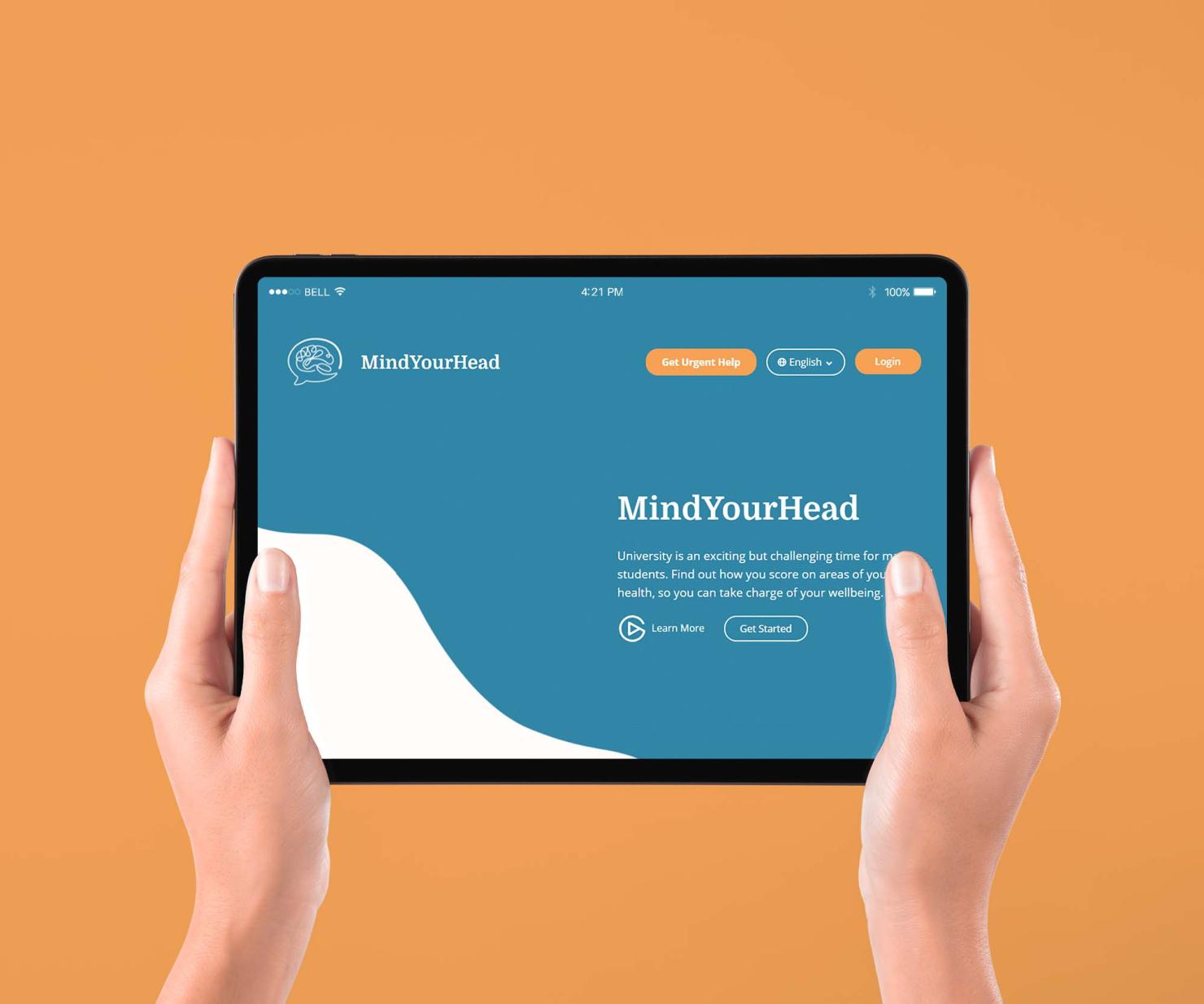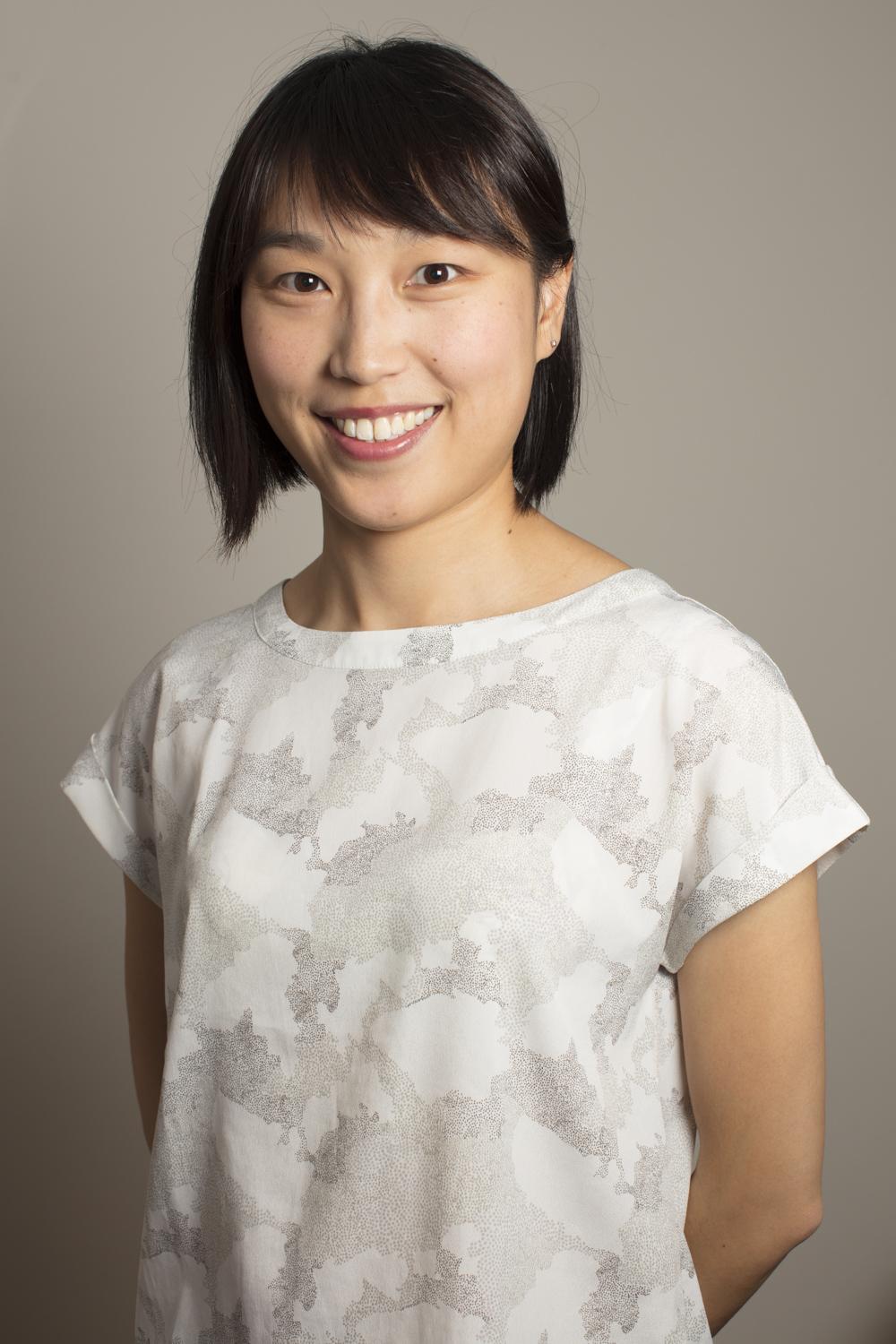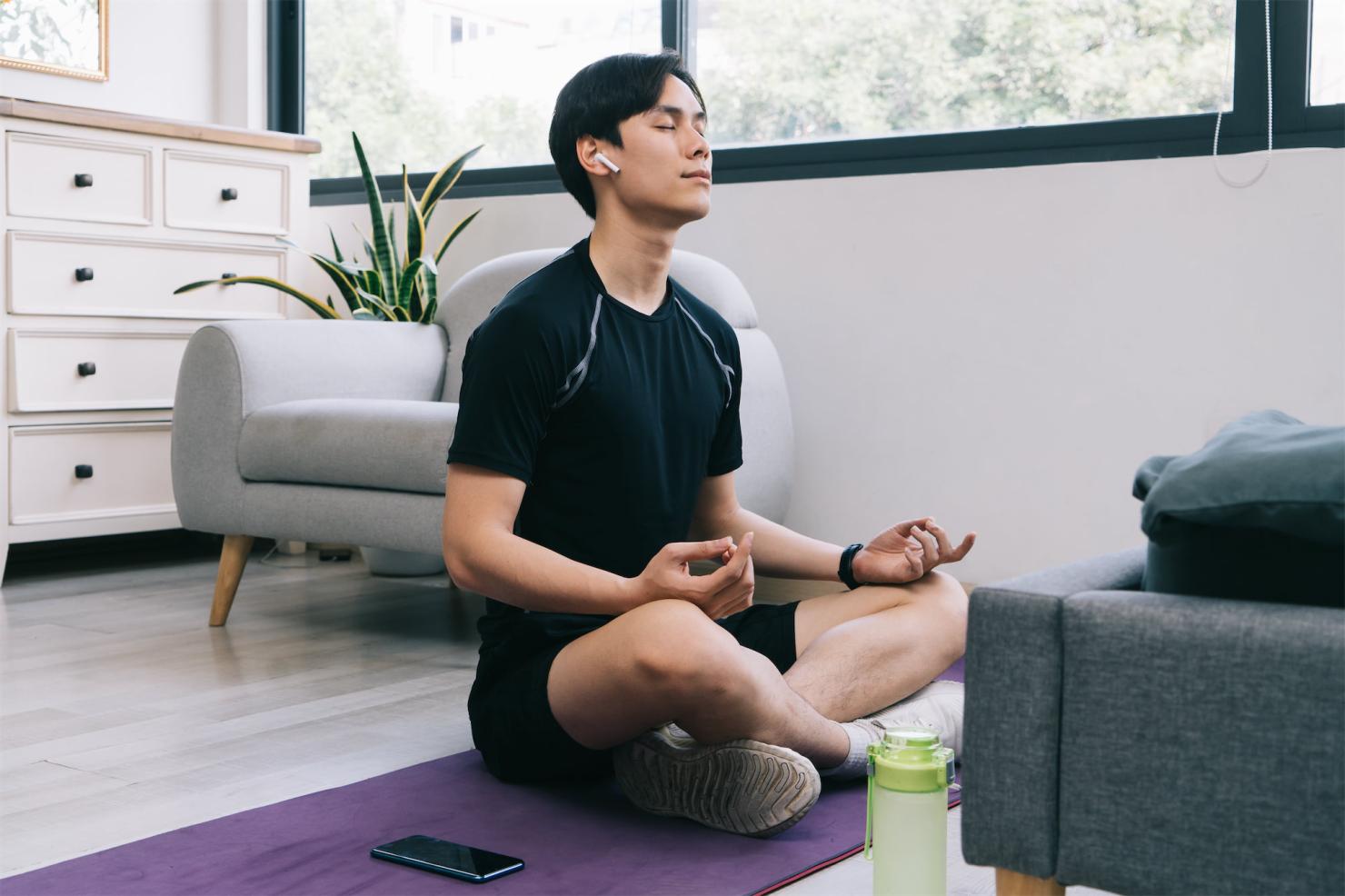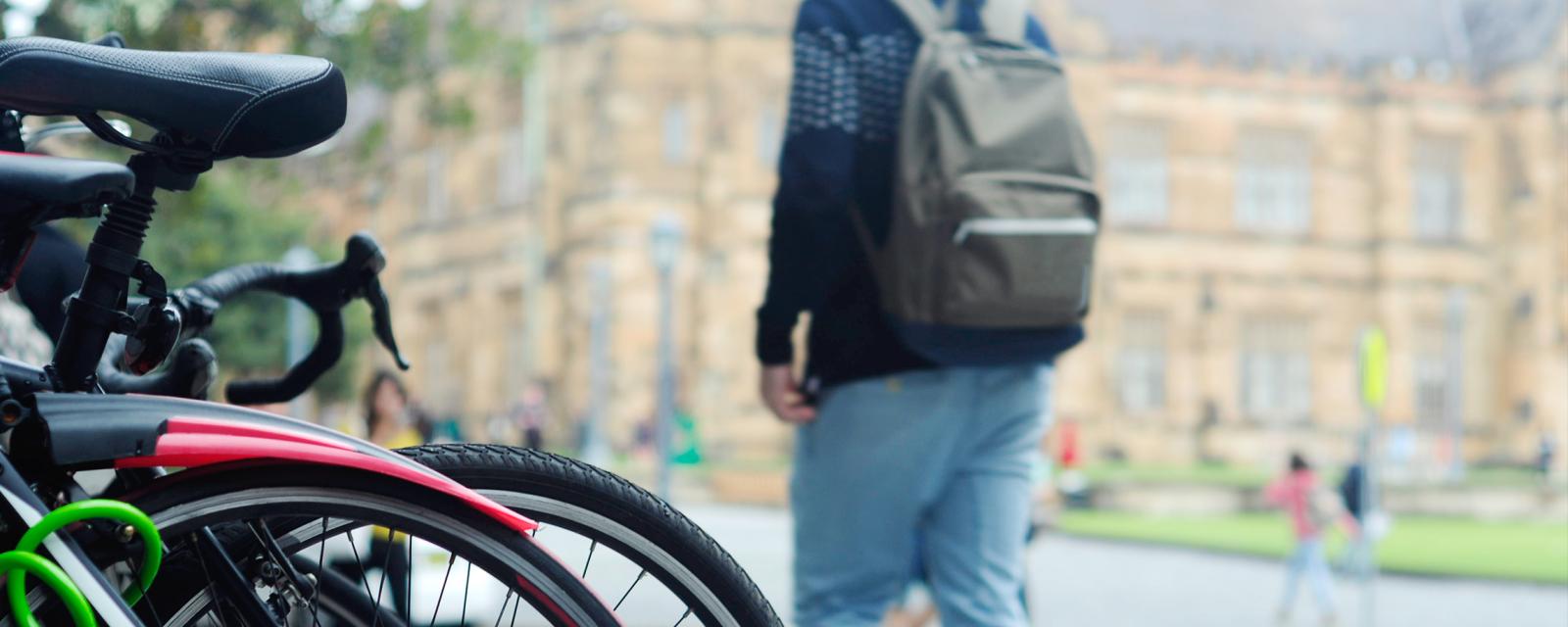Jessica is studying in Melbourne to become a psychologist.
But the Chinese international student says her chosen profession doesn’t mean her mental health takes care of itself.
“Sometimes it’s hard to admit that I need help too,” says Jessica. “Even though I study it, it’s not intuitive. It’s hard to see the signs.”
And even if the signs do become obvious, research shows many Chinese students in Australia choose not to seek help. Just 9% of those classed as ‘highly distressed’ access mental health services.
“In my culture, it’s quite a shameful thing to not be okay,” explains Jessica. “And I think there’s the added pressure that because your parents sent you overseas and they’ve invested so much into you, you should be doing better here.”
Mental health problems can hit anyone at any time, but the global pandemic has seen anxiety rates skyrocket. Lifeline Australia has reported the largest number of calls in its history.
Jessica fears many of her fellow international students are particularly vulnerable.
“Students are among those feeling it the most right now,” she says. “You don’t know when you’ll see your family again. I know my grandparents are getting much older, but I can’t go to see them. You can call your family but there’s a time difference so you’re never really on the same page, you’re not on the same schedule and everyone has their own life going on.”
Clinical psychologist Dr Isabella Choi is seeing the consequences first-hand.
“In my practice, I see a lot of students coming in complaining about their sleep, but when you ask them a bit more about their situation, actually they might be depressed or very anxious and that is what’s affecting their sleep,” she says.
And while the pandemic has thrown a spotlight on the problem, she says international students have long encountered barriers to seeking help. Some are cultural, such as the internalised stigma described by Jessica. But Dr Choi says there are also practical considerations.
“A lot of students don’t feel like they understand how the mental health system works in Australia, so they’re really concerned about cost and confidentiality.”

Students shown how to mind their head
Dr Choi, who’s also a researcher at the University of Sydney, thinks technology could help smash some of those barriers.
With funding from the National Foundation for Australia-China Relations, she’s developed an online app called ‘MindYourHead’.
The app allows students to do a completely confidential self-assessment of their mental wellbeing, covering areas such as sleep, stress, drinking, social support, and procrastination. They then receive scores and a breakdown of what each score means.
“We’re trying to help students recognise their symptoms early on, and maybe do something about it,” says Dr Choi.
The assessments, available in both English and Chinese, are based on validated-psychological measures and provide students with tailored advice on what they can do to improve their scores, such as meditation and exercise, as well as personalised links to resources or treatment services when they need extra help.

Ensuring language isn’t a barrier
Dr Choi says it was critical to design the app in conjunction with international students.
“We don’t want to make it feel medicalised. We want to use whatever language that international students are used to,” Dr Choi says. “For example, if they’re talking about feelings of stress, they might talk about 崩溃(‘beng kui’). You may not be using that sort of language in a counselling session, but we can actually incorporate that into the app.”
That also helps overcome the fact that some mental health terms such as ‘depression’ simply don’t exist in everyday Chinese language. The app integrates metaphors and idioms to explain specific concepts.
Jessica was one of the students who took part in the early design workshops.
“The app will do what friends sometimes can’t,” she says. “Maybe it’s because most of my friendship group are also from an Asian background, so they’re often like ‘you’ll get over it’. They’re trying to help, but at the same time, it would be useful to have someone say, ‘here are some great resources, or here’s someone I know’.”
The app is in final development. Dr Choi intends to test it at the University of Sydney before hopefully making it available to students across the country.
“I think the benefit of having it online is that it can reach so many people,” says Dr Choi. “If they’re going through a self-assessment, it may encourage them to go and seek help. And that could make a very big difference.”

The MindYourHead app is supported by the National Foundation for Australia-China Relations through our grants program. The Foundation is dedicated to creating a national platform that engages government, business, and communities to support practical collaboration with China and engaging Australia’s diverse community in support of this.
